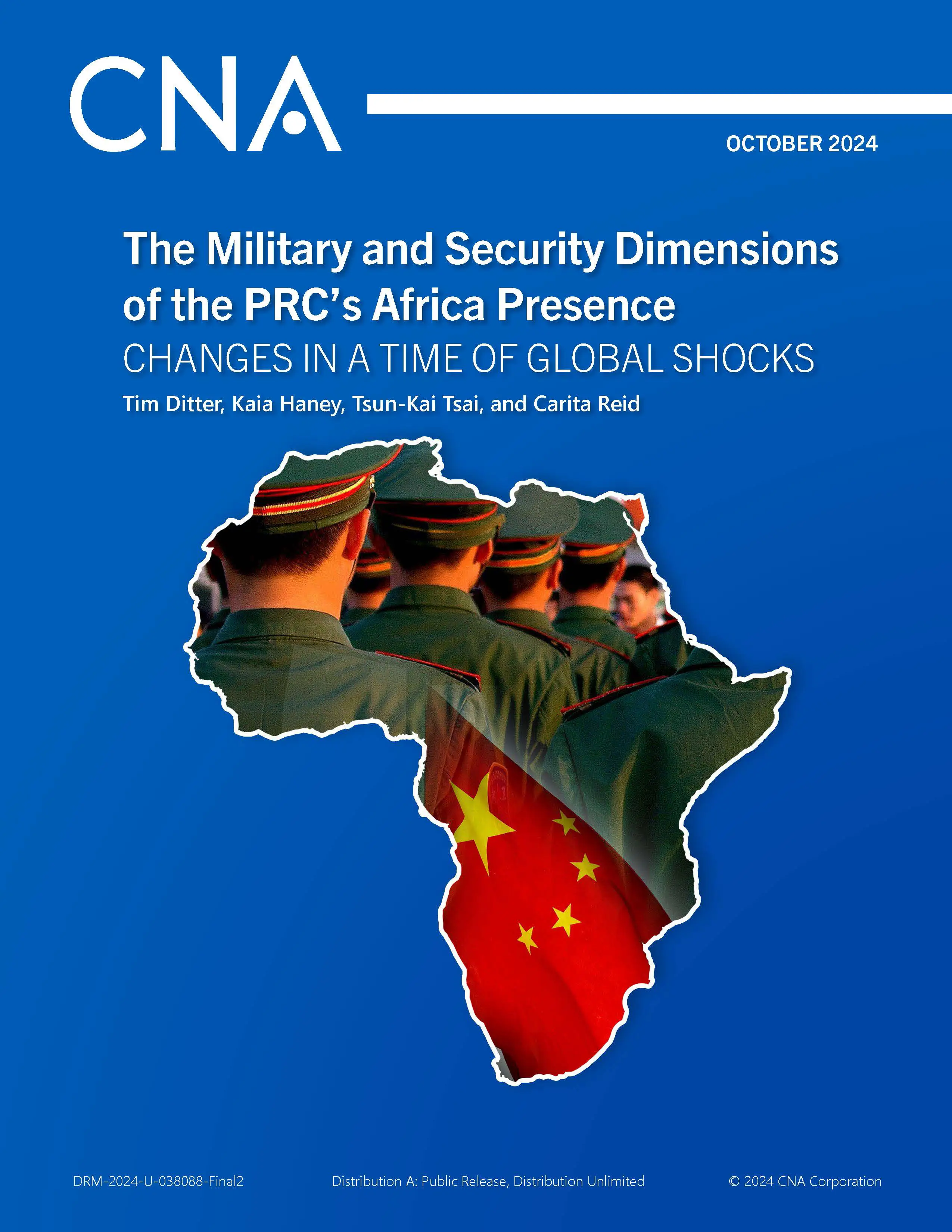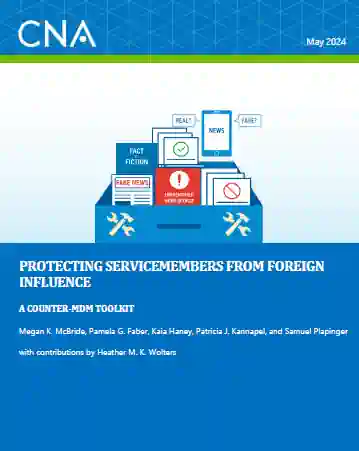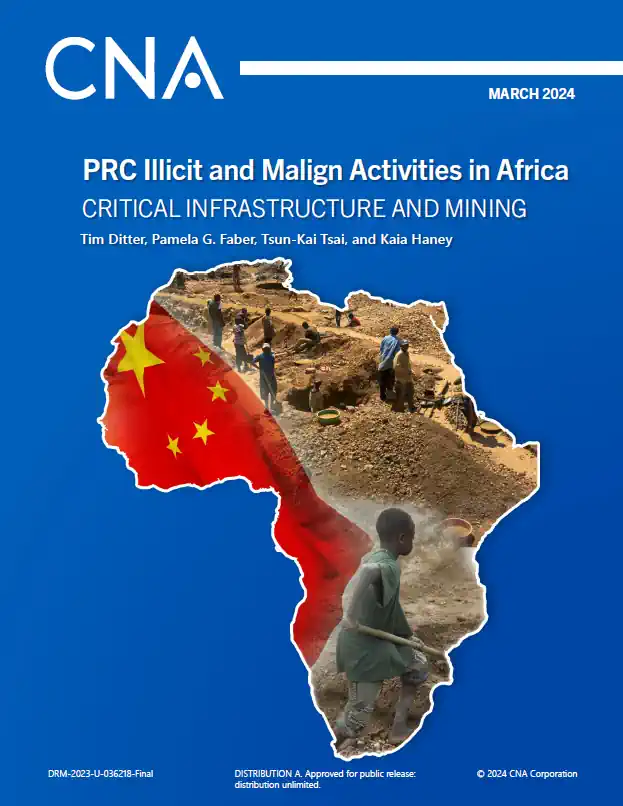The Chinese Communist Party (CCP) has embarked on a campaign to shape what audiences around the world read, hear, and watch about China. This report examines China’s efforts to shape the information environment of its neighbor, Thailand. It is part of a series that examines Beijing’s efforts to influence the media environment in the neighboring Mekong countries.
Key findings
Thai officials and media professionals have opened the door to China’s presence in Thailand’s information environment.
Thai officials have publicly welcomed content-sharing agreements between People’s Republic of China (PRC) state-run news agencies and Thai state-run outlets, contending that PRC media offers an alternative perspective to that offered by Western media.
According to local media experts, many Thai media professionals also welcome China’s presence as a balance to Western media.
China has sought to leverage this opening in the following ways:
- Chinese state-run media outlets produce Thai-language news and share it with Thai media outlets, reaching a wide audience in Thailand. China’s official Xinhua News Agency, for instance, has signed more than a dozen content-sharing agreements with news outlets ranging from the government-run public broadcasting service to the traditionally independent publications owned by Matichon.
- The PRC Embassy in Bangkok funds Thai journalist associations in order to seek influence with local media professionals. The Thai Journalist Association and the ThaiChinese Journalists Association both reportedly receive significant shares of their funding from the Chinese Embassy. In addition, China has sponsored Thai media professionals’ participation in training programs and cultural trips to China.
- PRC companies have secured a foothold in Thailand’s ICT infrastructure. PRC-based Huawei has been active in Thailand for well over a decade. In early 2019, the Thai government decided to partner with Huawei to build the nation’s 5G network.
Chinese companies have also created a new opening for expanding China’s presence by circumventing Thai laws to secure ownership of local media outlets.
- The most concerning aspect of China’s efforts to shape the media environment in Thailand is that Chinese companies have found ways to circumvent Thai laws that limit foreign ownership of media outlets based in Thailand.
- Chinese companies such as Tencent and PRC state-owned Global CAMG have been able to establish de facto ownership of local Thai media outlets by registering subsidiaries in Thailand, with Thai nationals as local subsidiary owners.
- According to local media experts, the public is not necessarily aware that Chinese companies have acquired popular online or FM radio outlets like Sanook or 103 Like FM.
China uses its presence in Thailand’s information environment to promote narratives that further its strategic interests. Key narratives that Beijing promotes to audiences in Thailand include the following:
- Western media’s portrayal of China’s actions and intentions is inaccurate.
- Cooperation with China benefits Thailand.
- China is a responsible member of the international community.
Several factors complicate China’s efforts to promote these narratives to Thai audiences:
- Popular distrust in the public benefit of China’s Belt and Road Initiative (BRI). There is skepticism in Thailand about the benefits of BRI. For instance, Thailand’s government has taken the lead in creating a regional infrastructure development fund aimed at lessening reliance on Chinese investment. Domestic media reporting on BRI projects in Thailand has also openly questioned whether they actually benefit Thais.
- A surge in popular expressions of anti-Chinese sentiment online. In the first half of 2020, two trends emerged that will likely complicate Beijing’s efforts to woo Thai audiences: (1) The rise of online anti-Beijing/antiauthoritarian “hashtag” movements such as the #MilkTeaAlliance and, (2) a surge in online expressions of anti-Chinese sentiment in response to the outbreak of the 2019 coronavirus disease (COVID-19) pandemic.
Issues to watch
As China’s footprint in Thailand’s information environment continues to evolve, key issues to watch include the following:
- Signs that Thailand’s media industry is in financial distress. According to experts, many Thai media outlets have been struggling financially in recent years. The global economic downturn triggered by the COVID-19 pandemic is likely to exacerbate the financial pressures that local media outlets already face, creating more opportunities for PRC investment.
- Continued PRC efforts to circumvent Thai law to acquire more local media outlets. This issue requires especially careful monitoring because Thai citizens may be unwittingly consuming pro-PRC propaganda. Observers should watch for signs that PRC entities have acquired ownership stakes in local media outlets, such as the appearance of the logos of PRC state-run media outlets at the bottom of Thai news outlets’ webpages.
- Indications that Xinhua’s Thai news coverage is becoming more popular among local audiences. Xinhua Thai is intended to serve as an alternative to Western media—including Western wire services—as a source of international news content. Some local outlets reportedly regard this content as “filler” because it is relatively inexpensive or free and is comparatively low quality. If Xinhua Thai content begins showing up on the front pages of key local outlets, this would indicate the quality and appeal to local audiences are increasing.
- Increasing PRC media reporting on local events in Thailand. PRC media’s Thai-language reporting tends to be Sino-centric, focusing on China’s activities abroad rather than domestic events in Thailand. This limits its appeal to Thai audiences, who are more interested in local news. PRC media outlets, including Xinhua Thai, may begin to report on local events—even those that do not involve China—in order to increase their appeal to Thai audiences.
- Greater PRC efforts to penetrate Thailand’s entertainment market. To date, Chineseproduced entertainment directed toward Thailand appears to have gained less traction than it has in other Southeast Asian countries, which Beijing may see as a shortcoming in its effort to bolster its “soft power” in Thailand. If PRC entertainment companies engage in more joint productions with local Thai media companies, this could suggest that China is actively seeking to remedy this shortcoming and increase its footprint in Thailand’s entertainment market.
Recommendations from experts & media professionals in the region
During our discussions with Thai media professionals and experts, they identified ways that the international community could help to support the integrity of Thailand’s information environment. These include the following:
- Provide financial support to independent media outlets. Local independent media outlets—especially those outside of Bangkok—struggled to survive financially even before the COVID-19–induced economic downturn. Now, local media experts express concern that the compounded financial pressures will make Chinese funding even more attractive, and suggested that the international community could provide alternative sources of funding. Reports by the Center for International Media Assistance provide useful resources for international donors looking for effective strategies for supporting independent media.
- Develop and implement media literacy programs for the general public. Providing consumers with the skills to find, identify, evaluate, and use information, especially on social media, will empower audiences to form views and opinions based on truthful information.
- Provide technical skills training for media professionals. Technical skills to improve digital security, data visualization, and web scraping are increasingly necessary to be an effective independent journalist in Thailand’s information environment.
Distribution: Approved for public release. Unlimited distribution.
Details
- Pages: 78
- Document Number: IIM-2020-U-026099-Final
- Publication Date: 9/1/2020




